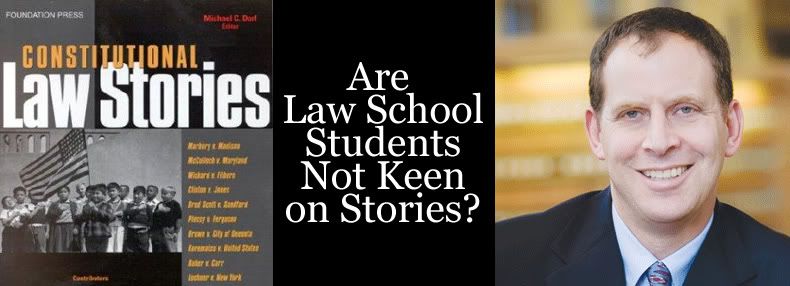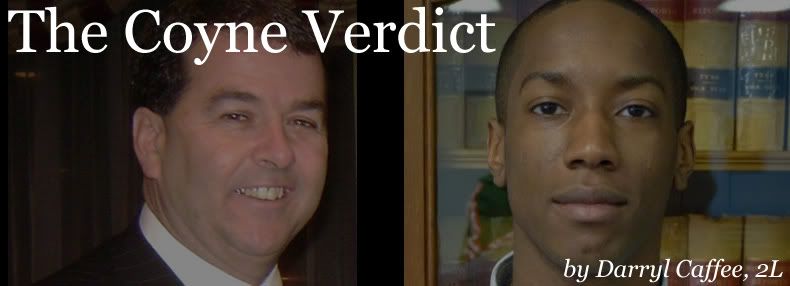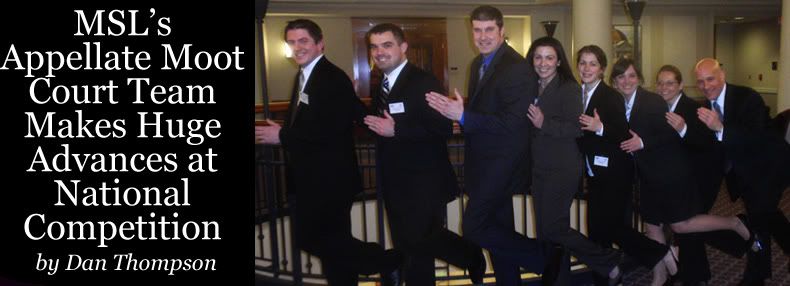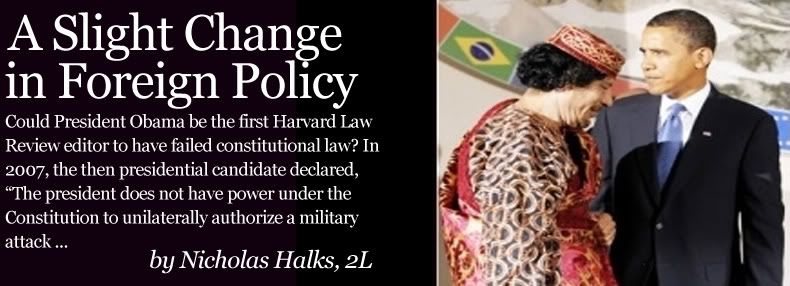Sullivan Interview
While searching for the next faculty member to interview for
The Verdict’s faculty interview series, I was in search of someone not only
inspirational, but also one whose passion truly emanates throughout the
school. And in doing so, I spoke with
various faculty members regarding who would be such a fit. My searches lead me to Professor Dianne
Sullivan, who one faculty member referred to as “the soul of MSL”.
I began the interview
by asking Assistant Dean Sullivan some questions pertaining to her background.
Question: I head that your family worked at a paper
mill; what effect did that have on your character?
Professor Sullivan: I learned about doing what you needed to do
to help your family. It provided my work
ethic, and I have great respect for my father.
He worked fifty-to-sixty hours a week in hot conditions to provide, so
we could have a better way of life. So
I’m very appreciative of that and I learned family and hard work matter most.
Question: You had a
very unique educational path; can you please describe your path through college
and law school?
Professor Sullivan: When I graduated from high school, I took a
job as a teller at a bank making sixty dollars a week I wanted to go to college
but there weren’t resources for that. I
started saving money in a piggy bank, so that when I saved up, I went to
college one course at a time. I did my
undergraduate at night at Fitchburg State, and then went onto law school from
there.
Question: Is there
any truth to the rumor that you stayed in the library so often that you
actually were given a key?
Professor Sullivan: [Laughs] I don’t remember that I had the key, but I
certainly was in the library until closing. I was usually the last to go.
Question: What
motivated you during to time as a student?
Professor Sullivan: To do well?
Me: Yes. Professor Sullivan I was appreciative of the
opportunity so that’s really what motivates me.
I had ill parents and a much younger brother and sister. It was my hope that they could go to college
during the day so I wanted to be able to help my family. It was my motivation, I saw law school as an
opportunity, and I wanted to be an attorney since I was knee high.
Question: Do you see
similar qualities in your current students?
Professor Sullivan: (Slight breath) In some students, I see stories far more
compelling than my own.-- students who
have overcome tremendous obstacles to get a law degree here. I think some students don’t seize the
opportunity they’ve been given and need to work harder, so I don’t think
there’s a canned answer to that question.
Prior to joining the
faculty of MSL, Professor Sullivan worked at a bank. My next series of questions are regarding her
experience while so employed.
Question: You worked
at a bank before teaching at MSL; did you always plan on working at the bank
once you graduated from law school?
Professor Sullivan: I worked at the bank from the time I
graduated high school until two years after I became a full time faculty member
here. So what I’m saying is that I worked
in banking throughout my entire educational experience. I always anticipated going onto top management
at the bank. I never anticipated really
practicing and clearly not being a full time faculty member.
Question: What role does
an attorney take on at a bank?
Professor Sullivan: As in-house counsel you are often involved
with commercial transactions. I was at a
commercial bank, so the types of things I would be involved with were: troubled loans; closing down companies;
calling in promissory notes; and interpreting regulations. Also, I monitored that we were in compliance
with all types of laws.
Question: What skills
did you acquire while working at the bank that has made you a better law
professor?
Professor Sullivan: Well, in the courses I teach -particularly
the UCC Articles 3, 4 and 9- are all Banking Law, so I’m able to combine the
practical side and the theoretical side.
Interpreting the UCC is very easy for me because that’s what I did all
day. With respect to Contract Law, I was
responsible for loan agreements and bank accounts. And as your know, a loan agreement is a
contract and a bank account is a contract.
It is no secret that
Professor Sullivan is an avid animal advocate.
As such, I asked questions with hopes of learning exactly how and why
that passion is so strong.
Question: Everyone
knows of your love of animals. If you
had to trace your passion for animals to a single event, what would it be?
Professor Sullivan: My father and I going to the supermarket to
buy a turkey at thanksgiving, and my realization that the carcasses of the
turkey looked like the turkeys my father and I would feed at what was called in
Fitchburg Coggshall Park. We went there
pretty regularly to feed the ducks. So
the realization that the carcasses were the equivalent of the ducks I feed in
the pond was more than I could stomach.
Question: Why the
Shadow Fund?
Professor Sullivan: You know, it is interesting that people see
the Shadow Fund, my creation of the Shadow Fund as being an outreach to
animals. It was in part Dean Coyne’s
suggestion: you know, I was helping a veteran and for this veteran the only
positive in his whole world was his dog.
The dog needed surgery, as the story unfolds, to the tune of thirty-eight
hundred dollars. Originally I was
helping the veteran, and then we engaged in fundraising in conjunction with the
Andover Animal Hospital and we raised more money than we needed to help this
veteran. So, it was Dean Coyne who
suggested it and Robert Burke who owns Shadow, that we put the surplus in a
fund to help similarly situated individuals.
Question: What is the
ultimate goal of the Shadow Fund?
Professor Sullivan: To help people who love their companion
animal but life circumstances have them in a position that they can’t afford an
extraordinary medical expense that would necessitate that pet being euthanized,
if that money isn’t raised. I don’t want
people like Robert Burke to have to choose between living in a home or, living
in the streets with their pet to give them the necessary medical attention.
Question: What can
students do to get involved in the Shadow Fund?
Professor Sullivan: See me, there are a couple of main events we
do for fundraising. Animal Law Day in
April it’s always the Saturday before Easter; we could use help. They could help in selling our book, Please, Can we Keep the Donkey? and
then our golf tournament we hold on Columbus Day.
I now transitioned
into the current employment of Professor Sullivan and her various duties within
the MSL community.
Question: What role
do you most prefer here at MSL: your teaching duties; role of assistant
Dean;
or your duties as producer and moderator of MSLAW’s Educational Forum?
Professor Sullivan: My primary obligation is being a professor. That’s
what I care most about. Being in the
classroom and helping students to master the subject matter, that’s my primary
goal.
Question: What has
been the most outside-of-the-box teaching method you’ve employed while teaching
here?
Professor Sullivan: Probably giving watermelons and sending
students out to the banks to cash them, I think that.
Question: Name one
thing that students do well and one thing students should improve upon?
Professor Sullivan: They advocate well. I think writing is something that MSL
students need to work at. There are two
things we do as lawyers: we speak and we write.
So, I think those are two things we need to do a little bit better.
Question: Besides
your duties at school and any legal duties, what else is a priority to you?
Professor Sullivan: I have four nephews that are extraordinarily
important to me.
Question: Why is
that?
Professor Sullivan: One of my reasons to go to law school is I
wanted to be able to help my brother and sister have a better way of life,
because I had no children, so their children have become like my own and are
very important to me. My dogs are also
very important to me; I consider them family members.
Rate My Professor is a
website dedicated to informing curious students about student opinion on
various professors. After visiting the
site, I decided to ask some questions regarding Professor Sullivan’s ratings
and reviews.
Question: I want to
ask you some questions about Rate My Professor, I’m not sure if you familiar
with the website (Professor Sullivan: You know I have not been on it but I’ve
heard of it, I don’t know much about it though). Then you must not be aware
that you are one of the highest rated professors at the school. Why do you think that is?
Professor Sullivan: No, that would astound me actually.
Question: Well, not
only that, but you are actually rated almost twice as high as the average rated
professor: just .1% shy. What would you
say has garnered such attention?
Professor Sullivan: You know I don’t know what the criteria is
for rate your professor so, I couldn’t answer that. If I had to speculate why I might get a good
rating, similar to what I hope my evaluations produce at the law school, I hope
the students understand that my motivation is to have the students pass the
bar, so I give it my all, as much as I expect the student’s all.
Question: What would
you say is the root cause of your deep commitment to MSL community?
Professor Sullivan: Appreciation of the opportunity I was given.
In Closing
Question: If you
could change one thing at MSL what would it be?
Professor Sullivan: I’m going to think on that one. This is probably
not the answer you want, but I am committed, as a voting faculty member, not to
change the school dramatically. The
school is about opportunity, and so I don’t want to see the school change very
much. I guess if I could change one
thing it would be that students and others respect the Reserved parking. (Laughs) I think we are a profession drawn by rules, so
I think you have to adhere to rules. So
If I was going to change one thing, I would say, “if it says Reserved parking
and you are not someone who it’s reserved for, you don’t park there.”
Thank you.







.jpg)
.jpg)
.JPG)


.jpg)
.JPG)